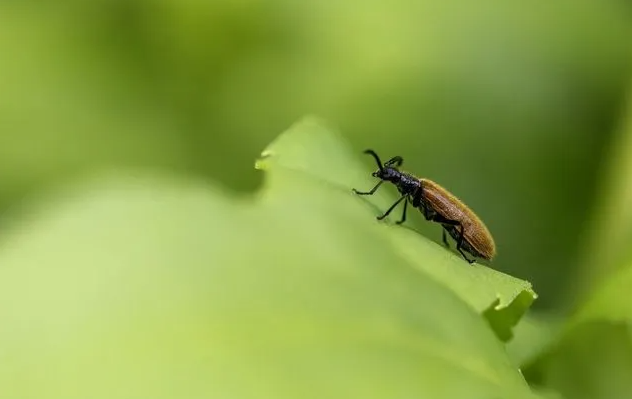Study: Researchers have discovered that the larvae of the small Kenyan darkling beetle are capable of breaking down plastic, particularly polystyrene.
This is a new discovery that could have significant implications for plastic recycling. Researchers have just discovered that a species of insect native to Africa is capable of breaking down polluting plastic. The larvae of the small Kenyan darkling beetle are able to consume and decompose polystyrene. This is the first time an African species has been found to do so, according to The Conversation.
This discovery could help fight plastic pollution, particularly polystyrene, which is widely used in packaging. It is a material that is not sustainable, and its traditional recycling methods are costly and polluting.
Plastic recycling is limited in Africa This discovery is especially noteworthy given the significant plastic pollution in Africa. Widely imported, this material is rarely reused or recycled on the continent. Scientists hope they have found a solution that could be applied on a large scale.
Obviously, it seems difficult to release insects into landfills and let them work. Instead, scientists hope to isolate and use the microbes and enzymes produced by the larvae to treat waste on a larger scale.
Further research This is, in fact, the goal of upcoming studies: identifying and isolating the bacterial strains capable of degrading polystyrene, as well as analyzing their enzymes. « We hope to determine if the enzymes can be produced on a large scale for waste recycling, » explains a researcher from the International Centre of Insect Physiology and Ecology. The ability of the insects to break down plastics other than polystyrene should also be explored.
However, researchers want to continue ensuring the health of the insects. The impact of prolonged plastic consumption on their bodies will also be studied.
Source: 20minutes



